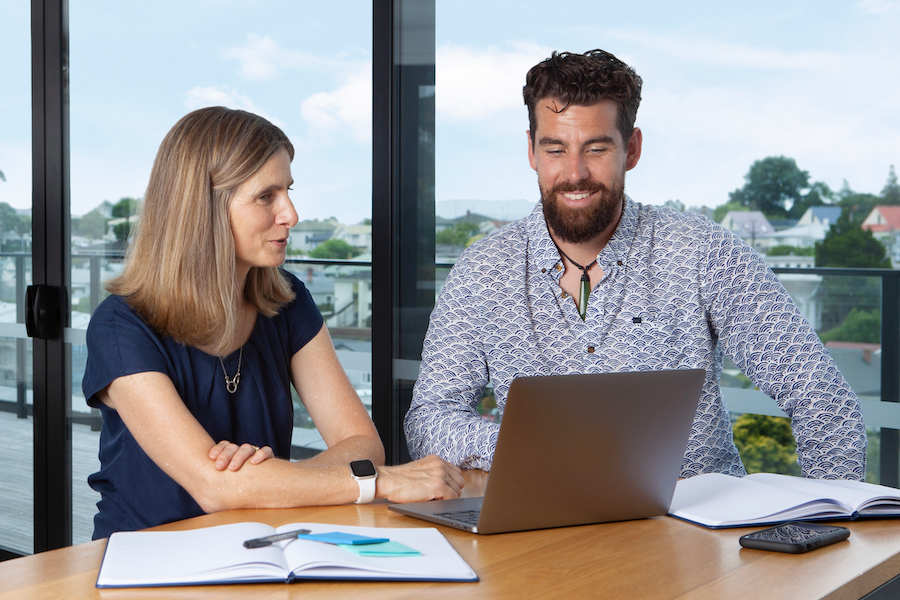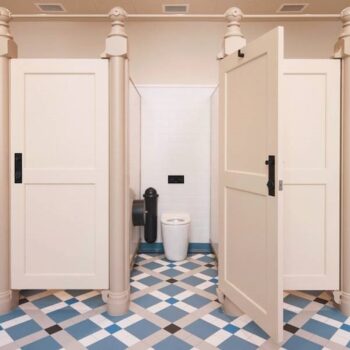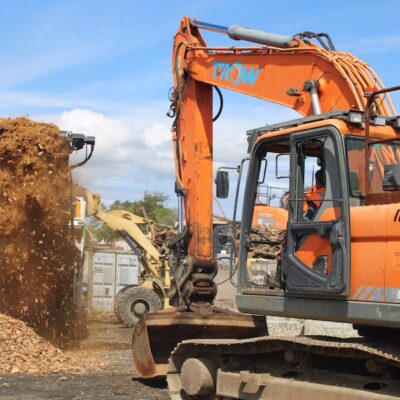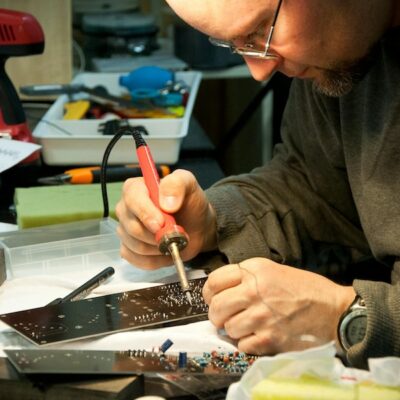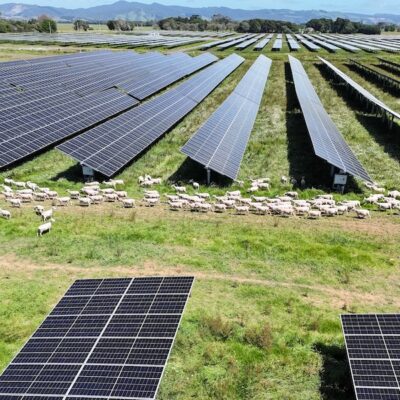Sustainability, competitive and collaborative advantage
I’ve been advising business on sustainability for more than 20 years. In that time, the world has changed dramatically. And those changes are accelerating. What I’ve seen is that the businesses that respond to change are those that survive, or thrive. Those that don’t, don’t.
Sustainability, however you want to define it, is competitive advantage. One way I define sustainability is that things that are unsustainable, by definition, will stop happening. That includes your business, your lifestyle, even entire economic systems. So sustainability is what you do if you want to keep the wheels on long term and keep rolling.
We are now well into the jaws of what many call the ‘meta-crisis’. Consider the cumulative environmental, economic and political impacts of global natural resource and species depletion. Combine those with pollution, including climate change spurred by greenhouse gas emissions. What have we got? Global unsustainability. It’s making a lot of things we expect and rely on stop happening. They’re stopping much sooner, more often and much more suddenly that we thought.
To take one recent example, many businesses in Los Angeles just burned to the ground. That was not what they expected or were relying on.
Of course, staving off these impacts, or even reversing them, has always been the ‘long-game’ of sustainability. It’s our best bet for long term success for our way of life. It’s also the morally right thing to do. Not many of us want to retire knowing our life’s work contributed unnecessarily to the breakdown of the world we leave to our grandchildren.
Back in the day, when I got to this point in discussing this, I had to break out some examples and forecasts. I felt the need to show how this relates to ordinary businesses in this country. Sadly, I no longer need to do that. I tend to just say: “Have you seen the news?” Everyone nods grimly and we get on with the work.
This prompts people to add in their own direct experiences of unsustainability.
“Our shipping is delayed through the Panama Canal by low water levels, and through the Suez Canal by war. It’s a nightmare.”
“The price of chocolate/olive oil/etc, etc, has skyrocketed!”
That’s when we talk about sustainability as resilience.
Many of you will have experienced supply chain or customer disruptions in recent years. Say, during the pandemic. Maybe you don’t think of disease as a “sustainability” issue. But many experts agree Covid 19 had origins in our unsustainable encroachment on wild areas. Or maybe your business was impacted by Cyclone Gabrielle in 2023. That was exacerbated by climate change and unsustainable land use. When something like that hits, those with the most robust supply chains and facilities prosper. They can continue to supply and sell more throughout the crisis. And the scientific community is warning us that more of these things are on their way.
The response? What Alex Steffen refers to as “ruggedization”. This can be applied to your business in a range of ways. You might reconsider the location of your facilities. Offer more support for your staff and local community. Reshape your supply chains or even your entire business model. The aim is to ensure your business can withstand the shocks. And to make sure it’s not unnecessarily contributing to them.
Although obvious, this can still be a big mindset shift to make. Some family businesses, especially farmers, prefer things the way they’ve always done them. They like to work with the people they’ve always worked with. Some people, particularly in large organisations, don’t feel the imminence of the threats. A lot of us spend our working days in comfortable air-conditioned towers. We’re surrounded by the fruits of affluence, in a business model that seems as solid as the walls around us. Until it all comes crashing down, or doesn’t work anymore in the way that it did.
Regardless, when the times are moving like they are now, we all have to move with them. Or as Steffen says, we have to “know when we are.”
Whether it’s bad news or good news, it’s the news. Facing these daunting challenges enables business people to spot the awesome opportunities within. The most obvious are around what we might call sustainability as efficiency. This is the classic stuff most of us associate with the term. It’s all about cutting financial and environmental costs by saving energy and materials.
But we can go well beyond that. We can inspire a business-wide culture of sustainable innovation. We need some fresh ideas to get us out of this mess. And those that work are going to be gold for any business that comes up with them.
That’s why SBN considers its Next 95 list of sustainability innovators as something of an investors’ smorgasbord. Right now, multi-billion-dollar companies are hunting anything that can help them operate within the confines of biophysical limits and environmental regulation. If you’re not thinking about those kinds of solutions, you won’t be seeing the inside of those wallets.
And it’s the same for a huge slice of buyers out there, both organisations and individuals. They’ve now had something like 30 years of people telling them to be more careful about what they buy and who from. The 2024 Kantar Better Futures survey of consumer sustainability awareness and behaviour summed this up well. “Target as if the eco-active [consumer] is your mainstream consumer,” it said. “Because if they’re not now they will soon be.”
The same goes for recruitment. The best candidates increasingly want ethical ways to make a living. If it’s not a deal breaker, it’s certainly a consideration. And as many a billionaire has noted, the ultimate competitive advantage is having the best people available working with you.
Which is where we make the real shift, towards collaborative advantage.
It’s based on two important facts. Firstly, the challenges we are facing are going to increasingly need us to work together. Secondly, working together is in itself a core part of the change we are looking for. That, it turns out, could prove to be the biggest advantage of all.

